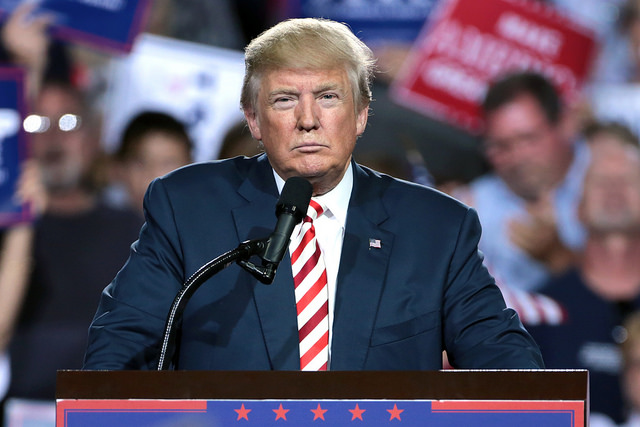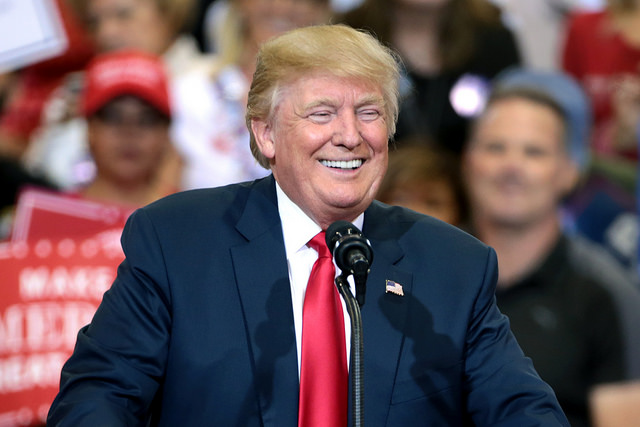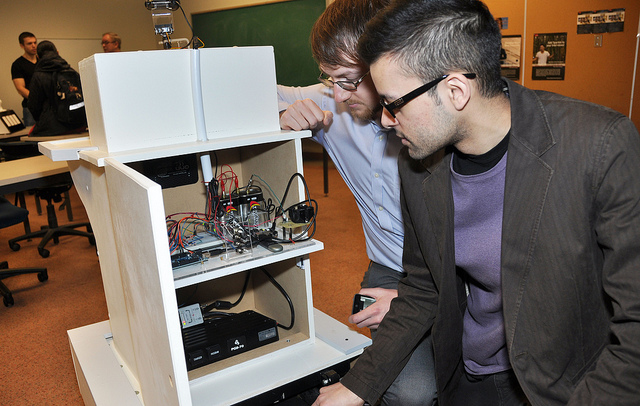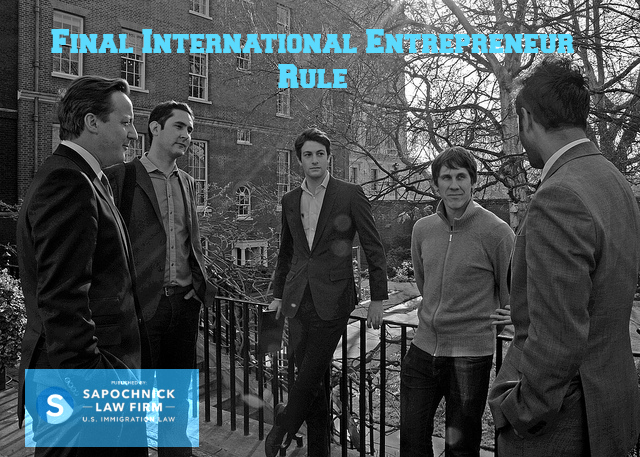The Trump administration has taken its first step toward dismantling the International Entrepreneur Rule, an Obama era program that would have given thousands of foreign entrepreneurs the opportunity to travel to the United States for a 30-month period, for the purpose of starting or scaling their start-up business enterprise in the United States.
On November 17, 2017, the Trump administration sent a notice to the Office of Management and Budget (OMB) to officially end the International Entrepreneur Rule. This notice appeared on the website of the Office of Information and Regulatory Affairs as early as Friday. At this time, the Trump administration is finalizing a draft to officially rescind the rule. Once the administration has finished reviewing the draft, it will be published in the Federal Register. It is expected that the draft to rescind the rule will be published within the next week.
After publication, a public notice and comment period will follow, as required by the Administrative Procedure Act, a process by which the government invites the public to comment on a proposed version of a government rule published in the Federal Register. Once the comment period has ended, the government responds to comments, considers feedback, and decides whether such feedback will have any influence on their decision to rescind the rule.
 Visa Lawyer Blog
Visa Lawyer Blog











